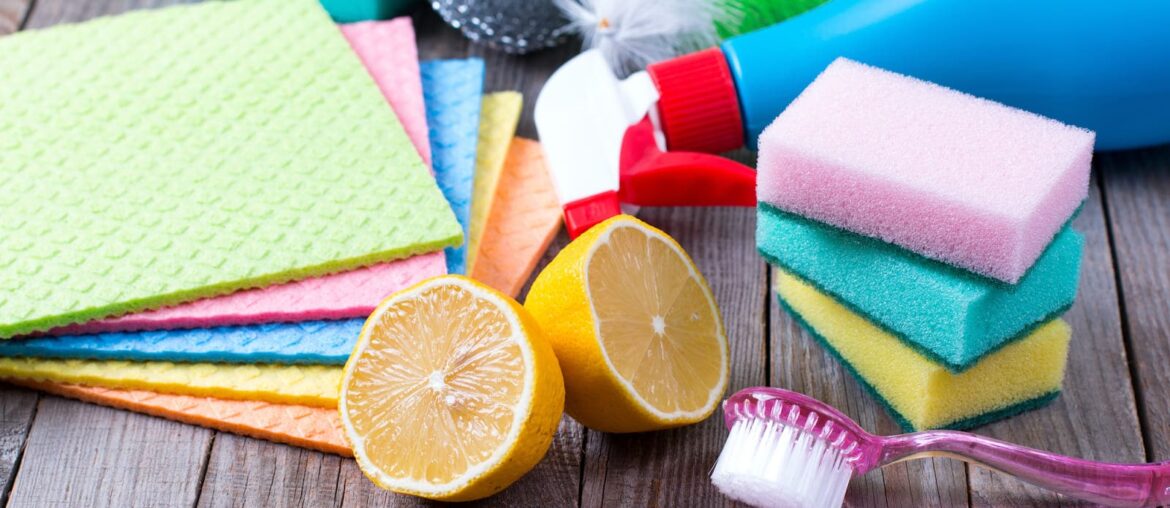Be honest, how long has it been since you cleaned your room? And no, I don’t mean sweeping everything under the bed.
When it comes to room cleaning, environmentalists might be discouraged from routine room cleaning. Even though it makes your living space cleaner, cleaning can lead to more pollution and waste. For example, due to their ingredients, lots of cleaning products form toxic waste when discharged into the environment.
Instead of making polluting the environment a trade-off for a clean room, why not opt for some more sustainable cleaning tips?
As an initiative aiming to offset climate change, Tenere brings you the most sustainable cleaning tips for a greener and cleaner living space.
1. Crack open your window
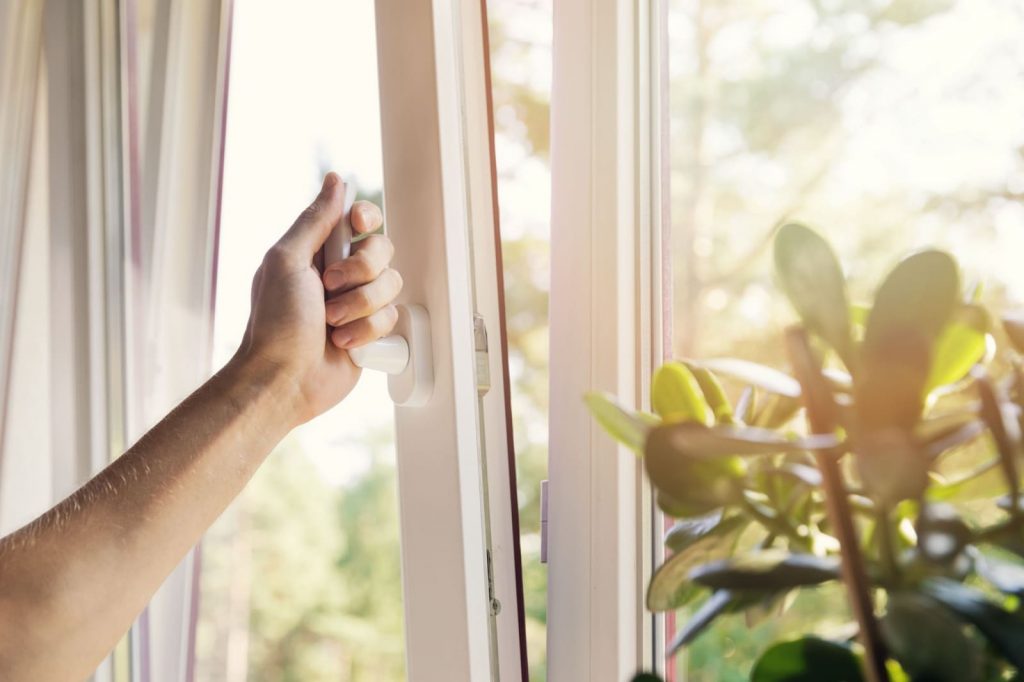
If it has been a while since you last cleaned your room, the odor will pack quite a punch. The smells in your rooms sometimes come from mold, bacteria, and pet dander. And a sealed-off room only worsens the smells. Instead of emptying a can of Febreze to get rid of the smell, there’s a much simpler solution.
Just crack open your window. This lets in the air from outside and rids your room of the moldy smell. Plus, it keeps your room ventilated, making for a healthier living environment. Not to mention, no can of chemical air fresheners is needed. Doesn’t this sustainable cleaning tip just fill your room with cleaner air?
2. Vinegar plus baking soda equals cleaning magic.
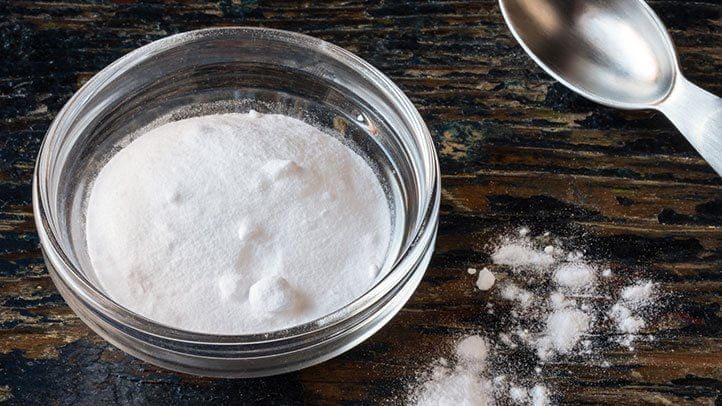
When it comes to room cleaning, you probably need some form of cleaning solution. Certain cleaners, like floor cleaners, are unbeatable in removing stains. And wiping the floor with anything other than floor cleaner would make it smell like a fish market. Fortunately, there are alternatives for many other cleaners on the market.
The most notable alternative, however, is completely natural: baking soda and lemon. The mixture can clean anything smudged or stained with ease. Baking soda and lemon are also effective when removing mold, mildew, and scum from any surface, and can substitute for window cleaner and grime remover.
3. Lemons and baking soda make anything polished

When it comes to room cleaning, you don’t often have to polish things. Overachieving folks with dozens of miscellaneous trophies are excluded, of course.
Unless you specifically go for the expensive eco-friendly metal polish, the substances are not very green. But why spend money on something you can make for a little money at home? Homemade metal polish can be made from lemon and baking soda. Lemons are antibacterial and antiseptic, making them a good foundation for any homemade cleaning solution.
In fact, one of the more popular sustainable cleaning tips is that scrubbing with a few drops of lemon and baking soda can make any metal shiny as new!
4. If you must, go for green products
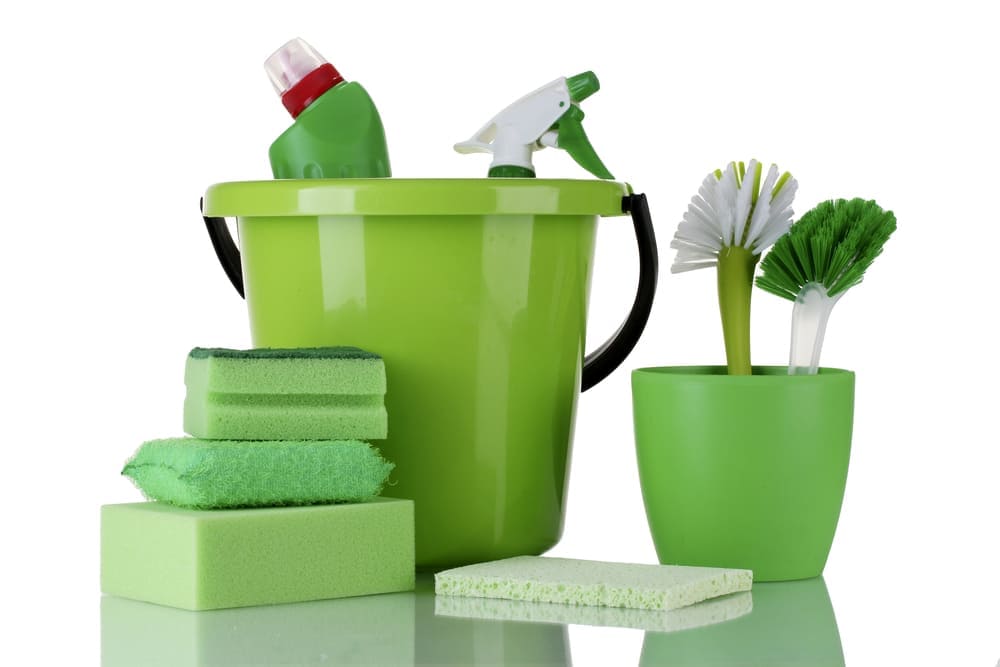
Not every cleaning solution can be substituted with something homemade. When it comes to cleaning, a lot of times, brand cleaning solutions work way better. Not to mention, they are way more convenient.
If you must, shop for green cleaning products to minimize environmental impacts. To make sure that what you buy is actually sustainable and not greenwashed, make sure to read their labels and look for trustworthy eco-friendly certifications.
- USDA Organic: ensures that the items comply with the organic rules of the United States Department of Agriculture. It is also the most reliable organic certification in the United States.
- Safer Choice certifies a product’s safety for both human and environmental use.
- MADE SAFE signifies that no known dangerous chemicals were utilized in the manufacturing process.
- The Non-GMO Project certifies that no GMOs were utilized in the manufacturing process.
- Quality Assurance International certification ensures that the items fulfill organic standards in other countries as well.
- Fair Trade USA Certification ensures that all stages of the production and distribution chain are environmentally friendly.
For more tips on how to shop more sustainably, check out our article here.
5. Use microfiber wiping cloth
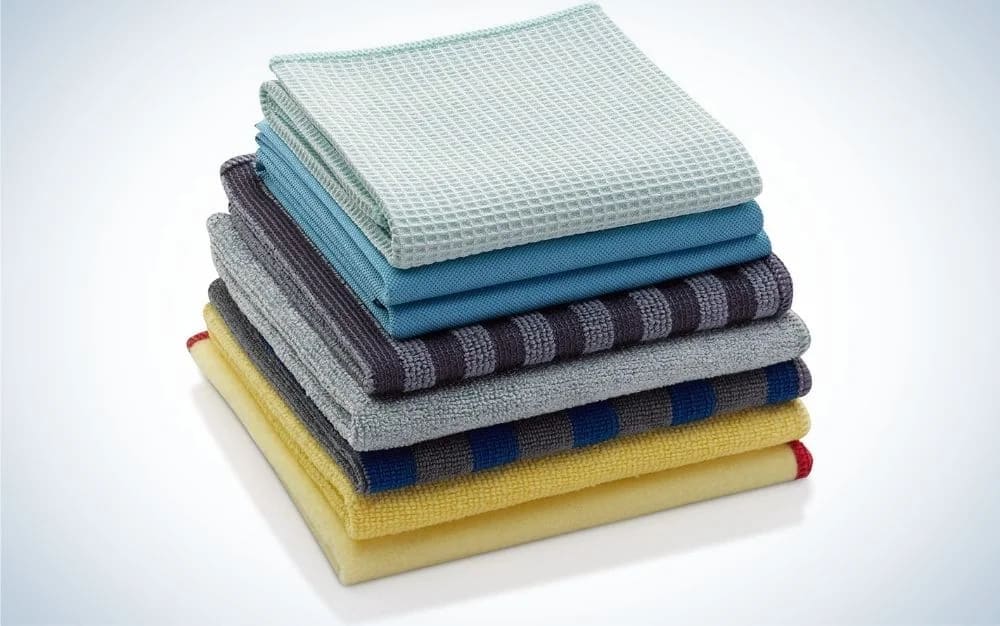
Why the fancy cloth? When it comes to cleaning, wouldn’t paper towels, or any piece of cloth suffice?
While you can repurpose old pieces of cloth into rags, like used socks or old sheets, by wiping the cloth each time, these rags break down a little. This will release microplastic particles into the waterway. And the non-recyclable paper towels are even worse for the environment, despite their being convenient.
If you can, choose a microfiber wiping cloth. Microfiber washing clothes last a lot longer and can be reused over and over, dry, wet, or even with a cleaner. They are the ultimate sustainable cleaning cloth.
6. Or use newspaper for wiping
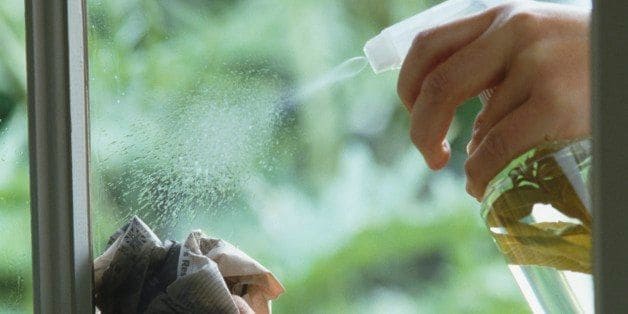
If buying an innovative piece of clothing just for room cleaning is too “out there” for you, then a newspaper might be a good alternative. It also helps alleviate newspaper pollution. Since most people are moving to online newspapers anyway, you should have stacks upon stacks of extra newspapers to use.
Even for folks who do own a microfiber cleaning cloth, newspapers can double as a wiping cloth for most surfaces. Their papers are just as absorbent as paper towels, so you can use newspapers for cleaning instead and cut down on your paper towel usage.
7. Vinegar and water make for the cheapest window cleaner
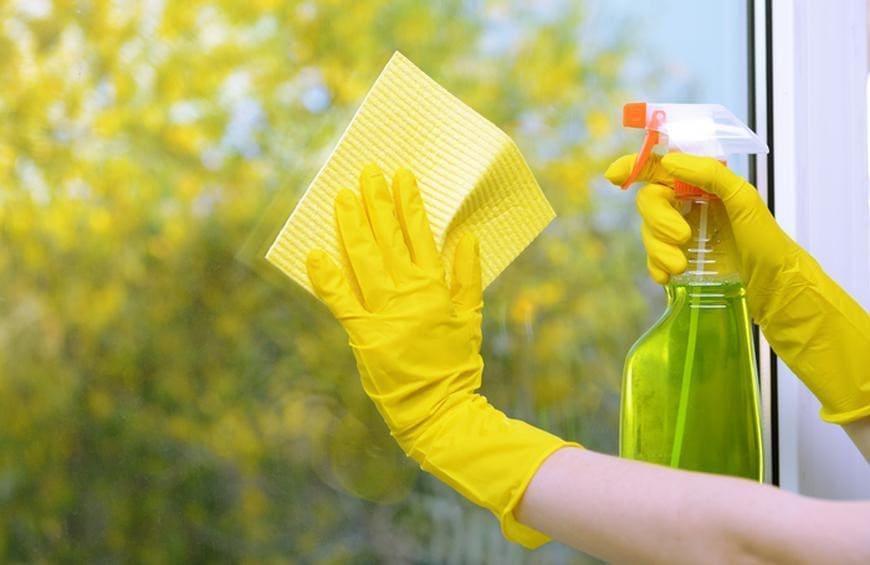
Yes, you heard right. Instead of chemical cleaners, you can make your own sustainable window cleaner by mixing vinegar and water in equal parts. To increase its cleaning prowess, just increase the volume of vinegar in your solution.
Vinegar is made from plant or grain fermentation and can break down mold and grease, making it a great all-natural cleaning solution. It is also antibacterial and can even deter the growth of certain bacteria.
8. To make your trash can smell freshly new:
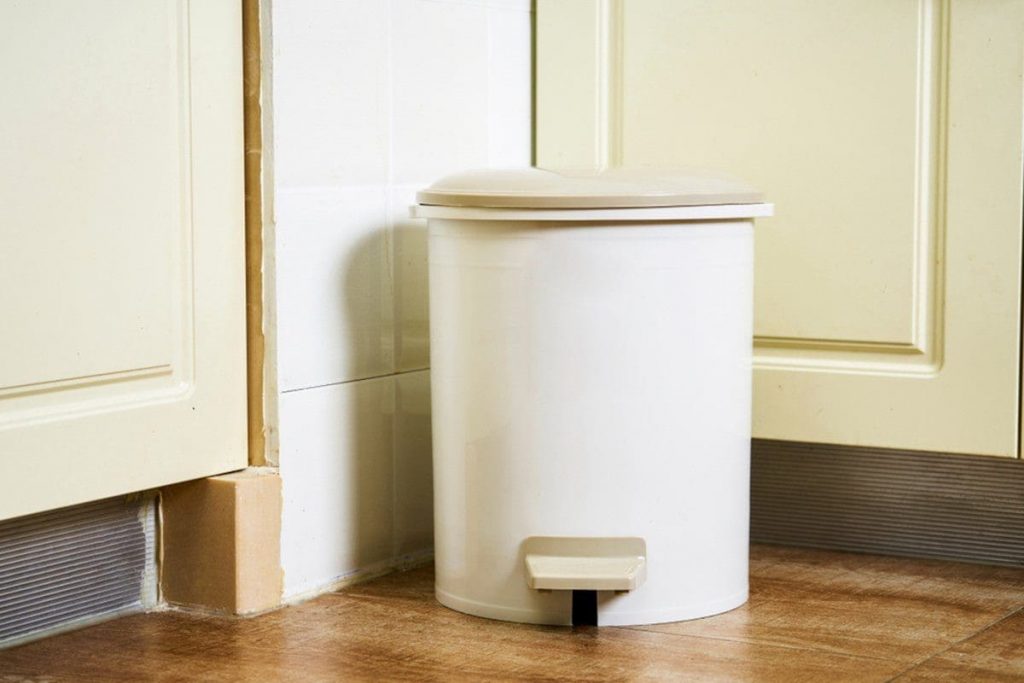
Even with a trash bag covering your trash can, it will still stink after a long period of use. This is because bacteria and odor particles accumulate.
To deodorize your trash can, simply soak it with warm water and vinegar overnight to get rid of the smell. Thanks to vinegar’s antibacterial properties, it can kill and repel most mold and bacteria nesting in your trash can, killing the smelly odors at their source.
9. Be creative with your upcycling
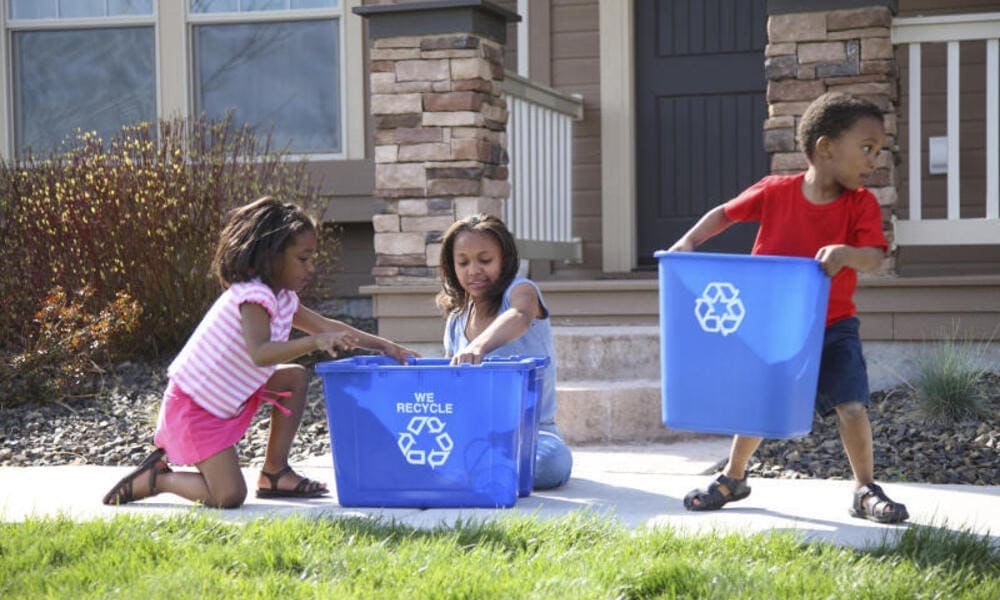
Likely, when you are cleaning your room, there will be a lot of old stuff to throw out. Whether it’s an old shirt that no longer fits or old magazines, you can get creative with repurposing them. This is especially important because not everything made from recyclable material can be recycled.
But you can still upcycle them. As aforementioned in previous sustainable cleaning tips, you can use old paper like paper towels when cleaning, or old socks and sheets can be your new washcloth. Whatever the case, if you can upcycle the items, do it.
And if the items are still in good condition, a garage sale or donation will give the items a second life.
10. Plant some house plants or succulents

Perhaps one of the most underrated sustainable cleaning tips of them all, houseplants and succulents can serve as air filters, actively cleaning the air in your room. Some houseplants come with their own fragrance, saving you a bunch of air fresheners. Some even have an insect-repelling effect.
The common misconception is that houseplants are very high maintenance. In truth, only a number of them are. Luckily, there are household plants that can survive even the least green thumbs:
- Peace lilies can still thrive in shaded or well-lit places.
- Spider plants are low maintenance and need bright, sunny locations.
- Garden mums are cheap and grow well both indoors and outdoors.
- Aloe vera is easy to care for and a natural sponge for airborne toxins.
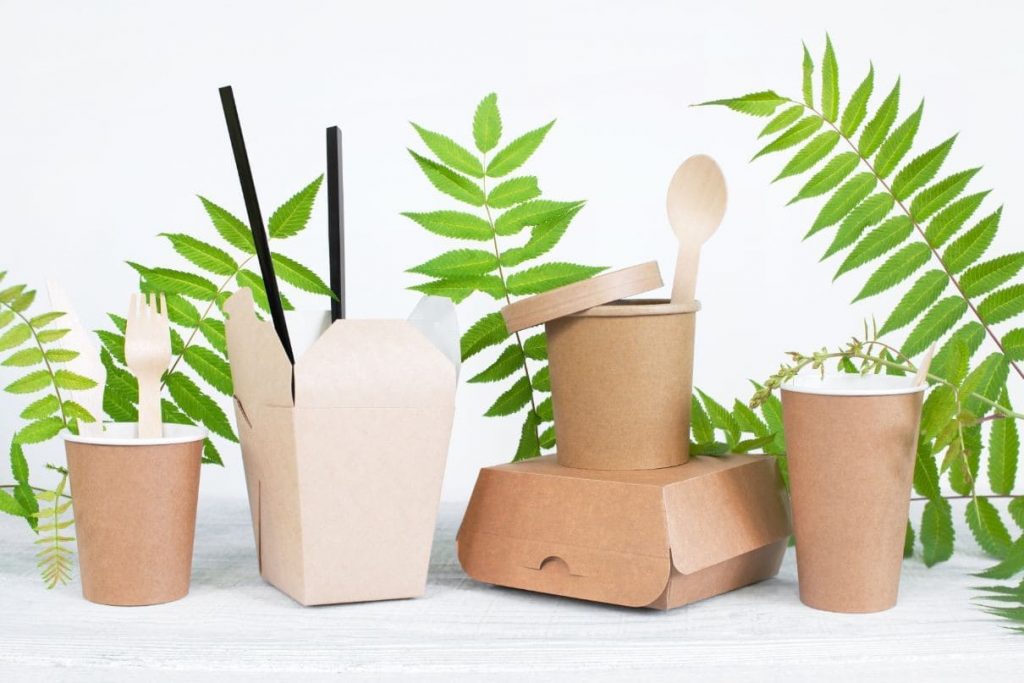
It’s May already. That means it’s your last chance to do any spring cleaning before summer hits.
If you wish to keep both your room and the Earth clean at the same time, why not employ these sustainable cleaning tips and tricks? Not only are they cheap and easy to follow, but they also come from all-natural sources.
In case you still want to look around for some zero waste cleaners, check out Tenere for the latest coupons for anything and everything. By shopping on Tenere, you are also contributing to offsetting global warming.

